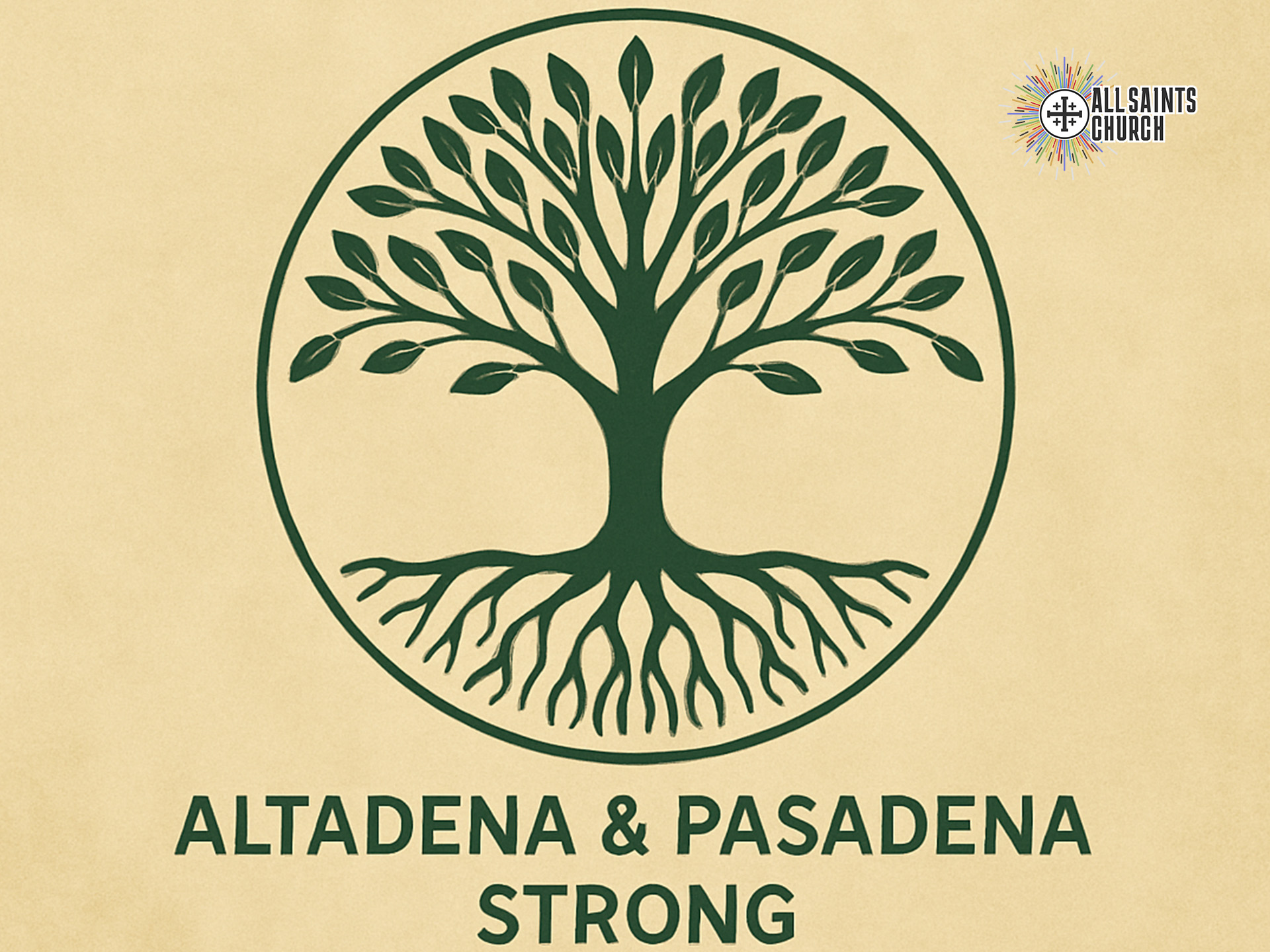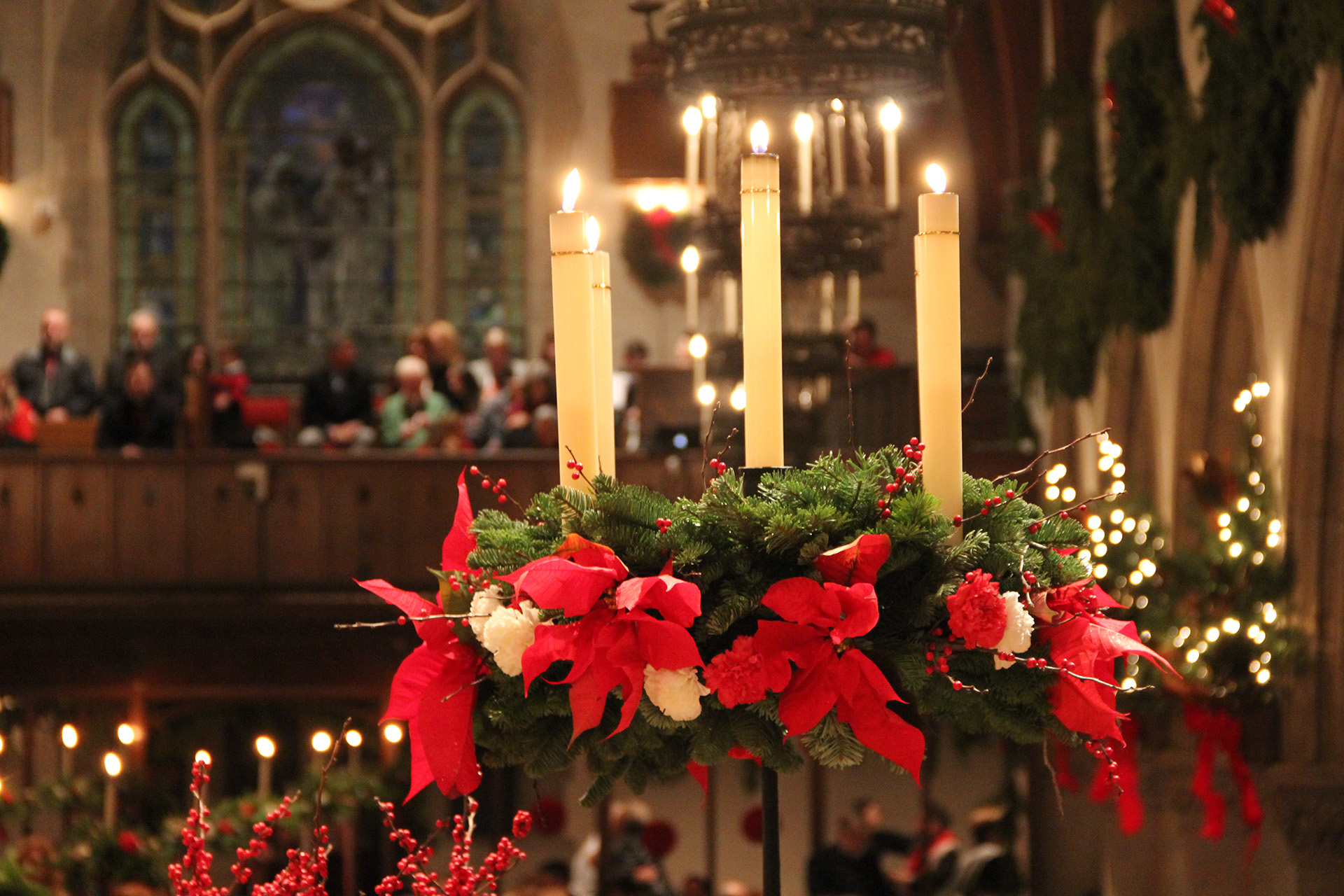The Gospel isn’t meant to be gulped down on Sunday morning, but gnawed on through the week so it really becomes a part of us. You’ve got to work at it, like a dog with a good bone! Here’s the Gospel for this coming Sunday — the Fourth Sunday of Easter — with food for thought about the mystery of God’s self-expression. Gnaw away!
Fourth Sunday of Easter: John 10:1-10
Jesus said, “The truth of the matter is, whoever doesn’t enter the sheepfold through the gate but climbs in some other way is a thief and a robber. The one who enters through the gate is the shepherd of the sheep, the one for whom the keeper opens the gate. The sheep know the shepherd’s voice; the shepherd calls them by name and leads them out. Having led them all out of the fold, the shepherd walks in front of them and they follow because they recognize the shepherd’s voice. They simply won’t follow strangers – they’ll flee from them because they don’t recognize the voice of strangers.”
Even though Jesus used this metaphor with them, they didn’t grasp what he was trying to tell them. He therefore said to them again:
“The truth of the matter is, I am the sheep gate. All who came before me were thieves and marauders whom the sheep didn’t heed. I am the gate. Whoever enters through me will be safe – you’ll go in and out and find pasture. The thief comes only to steal and slaughter and destroy. I came that you might have life and have it to the full.”
The Backstory – What’s Going On Here?
John 10 is in many ways the beginning of the end for Jesus. Throughout the past several chapters, he has been making increasingly bold claims about himself and his actions (like healing the person blind since birth in John 9) have increasingly vexed the religious authorities. Here, in “the shepherd discourse,” Jesus first calls himself the “door of the sheep” and that all who enter by him will be made safe. Not only that, he — with clear allusion to the Pharisees — calls all who came before him “thieves and marauders” (the word marauder is better translated “insurrectionist” — which is what they would end up accusing Jesus of being). The lectionary cuts off this passage awkwardly, as in verse 11, we have Jesus’ second claim “I am the good
shepherd. The good shepherd lays down his life for his sheep.”
Jesus is making a bold claim about his authority and relationship to the divine … one that will be proclaimed fully with his disciples on the night before his death when he says “I am the way, the truth and the life.” The religious authorities recognize the power of this claim and by the end of Chapter 10, they are trying to arrest him … signs of things to come.
A few things to chew on:
*Jesus also calls himself “the gate” — and John’s Gospel speaks of Jesus as “the gate” or “the way” with great exclusivity. Those who enter through the gate will be safe. That begs the question “what about those who enter another way?” What about Muslims, Jews, Hindus, and many other human expressions of religions and reaching out toward the divine?
John’s community was a separatist community who saw themselves as a righteous remnant. Their language particularly against “the Jews” has been used for horrible persecution that is certainly not of the love of Christ. As Jesus’ followers, we can be certain that the Word who existed before time and was expressed in human form in Jesus is “the way, the truth and the life” … that this is the gate we are called to enter. And … John’s own poetic prologue in talking about Jesus as the enfleshed expression of an eternal pre-existing divine leaves open the mystery of God’s self-expression in other ways to other people in other times. Other paths don’t have to be wrong for the path of Christ to be right.
Jesus is both THE way and A way. And the way we honor and follow that way is to follow his commandment — which is to love one another — ALL people of all faiths and of no faith — with the self-giving love that Jesus did. And rejoice that God is not so small as to be absolutely known but a deep and wonderful mystery … and yet out of that mystery we are still intimately known and called by name.
Try This:
The vows we take are the gates we go through. Think of the vows you have taken — baptismal, godparent, marriage, ordination, etc. Each one focuses your life and gives you a structure to experience the abundant life of God.
This week take a few minutes at the beginning of each day to review some of the vows you have taken. You can find the Book of Common Prayer online here if you need one (https://www.bcponline.org/). Then think of one small way you can live out that vow that day. And as you go to bed at night, review how you have done … how you have walked through that gate that day.
Name Calling
“If I’m gonna tell you a real story, I’m gonna start with my name.” – Kendrick Lamar
“Bob Marley isn’t my name. I don’t even know my name yet.” – Bob Marley
“The sheep know the shepherd’s voice; the shepherd calls them by name.” – Jesus
“Who are you? Who, who, who, who?” – Pete Townsend
Our names are powerful.
They describe who we are.
They begin as the hope of our parents and they take on everything about us … and we take on aspects of them.
Sometimes, we need to choose new names for ourselves as we become new people … and as we need to let pieces of our past fall away.
That power of choice … of choosing our own name and having others respect that choice … is one of the most important powers we have. It is why enslavers take that power away … forcing new names on people as a way to assert control.
In scripture, there is even more power to names as knowing someone’s name. It gives you the power not only to bless them but to curse them, too.
Kendrick Lamar was right … any real story about us starts with our name.
Bob Marley was right … many of us, most of us, maybe even all of us are still discovering who we are and so in a way don’t really even know our name yet.
Pete Townsend was right … who we are is something we wrestle with in relationship with each other.
And in the midst of all of this, we have Jesus … who calls us by name.
The image of Jesus as shepherd is one of the most powerful images in scripture. It is an image of intimacy and safety … even though, as Dr. Wil Gafney pointed out when she visited us this fall … ultimately the sheep-shepherd relationship doesn’t work out too good for the sheep!
And … the image is powerful. It’s powerful because even as we struggle with who we are, we have both a deep desire to be fully known and a deep fear of being found out … of being known and found lacking.
Jesus says later in this passage that he is the good shepherd and that the sheep hear his voice. In this passage, he says he is the gate of the sheep. A lot of damage has been done with this passage being translated as those who go through Christ will be “saved” by those who choose to use that power as a way to condemn others.
But that’s not what it says. It says those who go through Christ will be “safe.” That’s because if Jesus knows each of our names … knows each one of us even better than we know ourselves .. then that is a power that can heal and also a power that can wound. Jesus saying if we follow him we will be safe, is Jesus saying “it’s OK … I see who you are, who you are becoming … and it is all good and beauty. You are safe. I will never use this power to hurt you.”
Jesus as the good shepherd is a Jesus who longs for us to fully become who we are … and to live into that fearlessly. As a community who walks with a revolutionary Jesus, we get to be that for and with each other.
We get to be that community where you get to tell your real story that starts with your name.
We get to be that community where we are still figuring out what our names are.
We get to be that community where we wrestle together with who we are.
We get to be that community where we are loved and called by name. And where all can rest in God’s safe love.
Collect for Sunday
Pray this throughout the week as you gnaw on this Gospel.
O God, whose child Jesus is the good shepherd of your people: Grant that when
we hear Jesus’ voice we may know the one who calls us each by name, and follow
where we are led; who, with you and the Holy Spirit, lives and reigns, one
God, for ever and ever. Amen.



